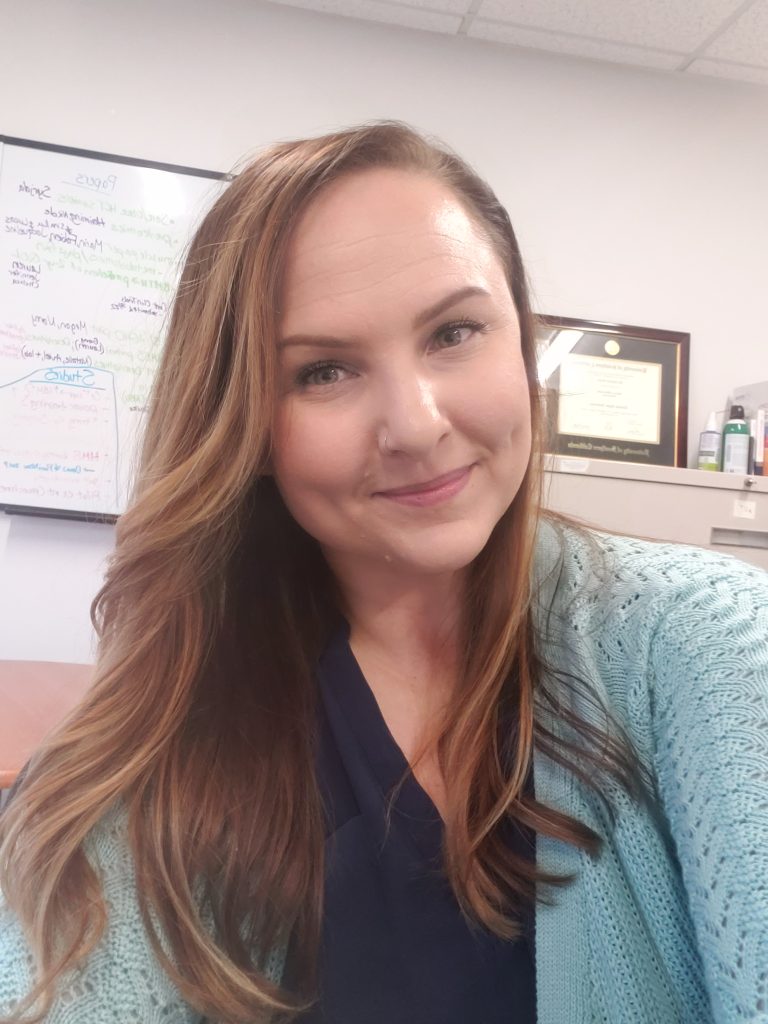
Lindsey Anderson, PhD
Gerentology & Geriatric medicine, VA Hospital
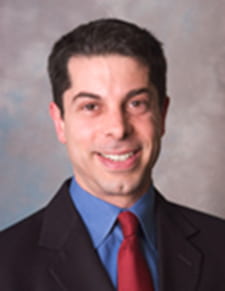
Michael J. Bamshad, MD
Pediatrics-Genetic Medicine

David Beck, PhD
Chemical Engineering
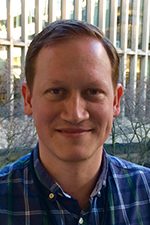
Niclas E. Bengtsson, PhD
Neurology
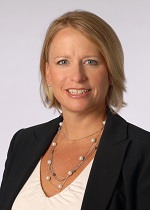
Mary Beth Brown, PT, PhD
Rehabilitation Medicine
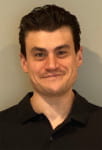
Matthew D. Campbell, PhD
Radiology
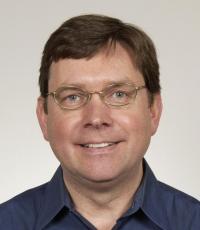
Jeffrey S. Chamberlain, PhD
Neurology
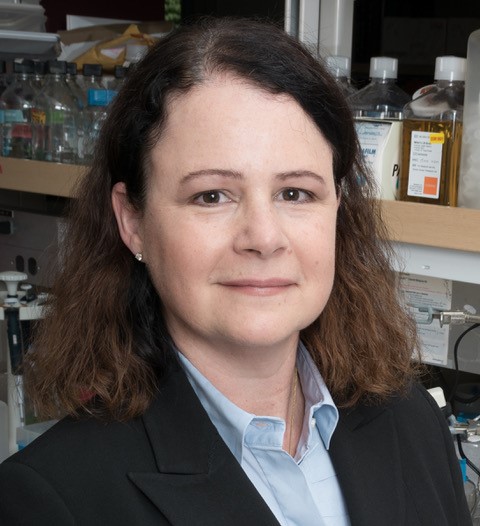
Joel Chamberlain, PhD
Medical Genetics
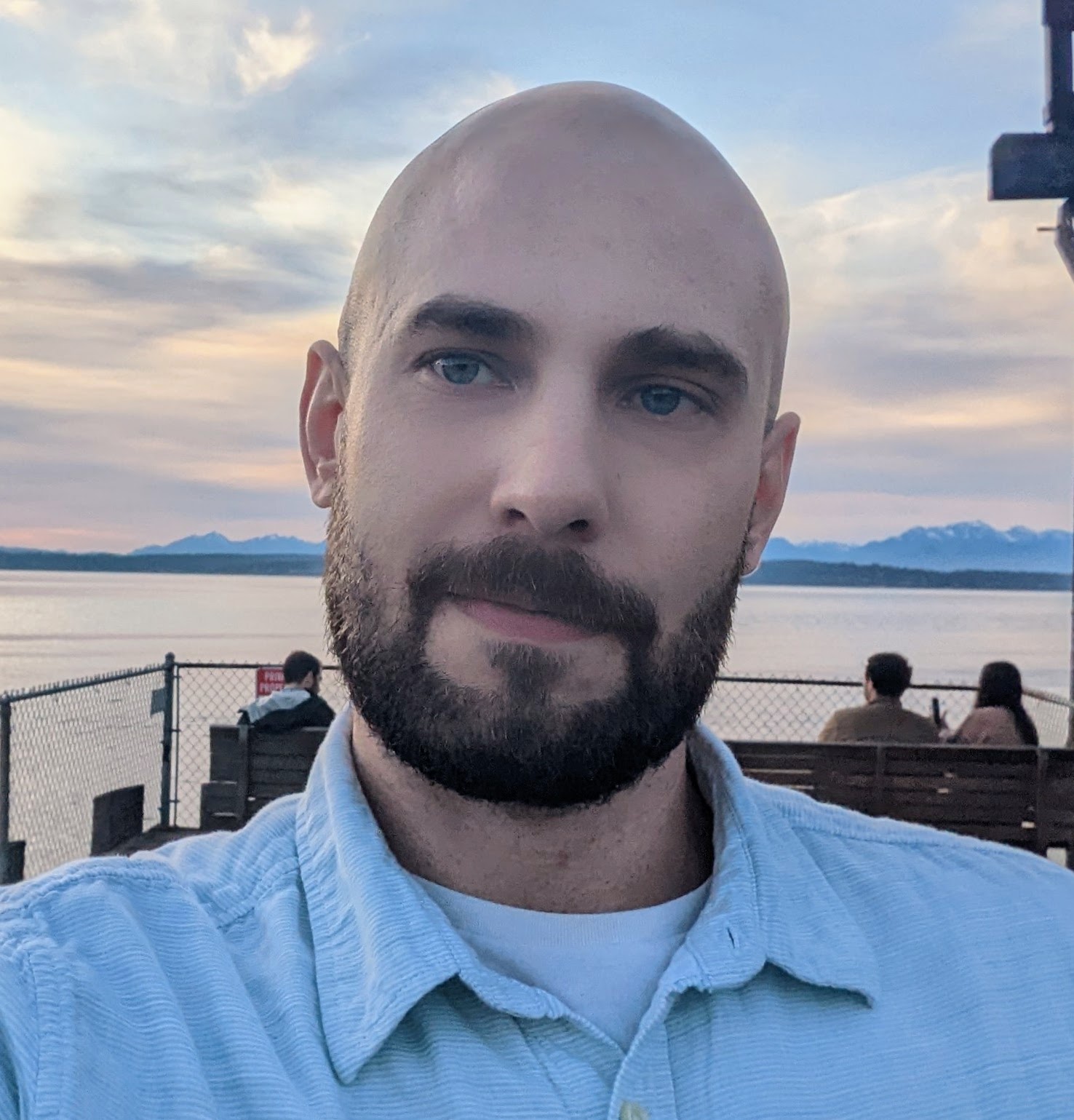
Matthew Childers, PhD
Bioengineering
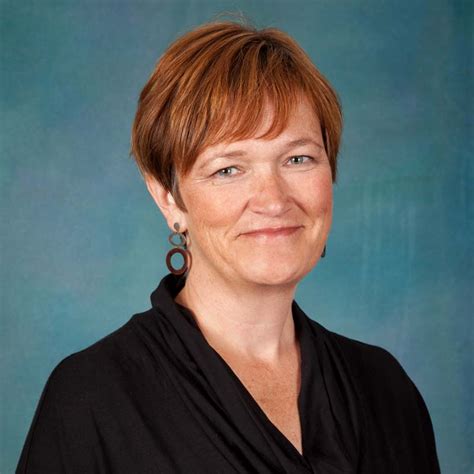
Valerie Daggett, PhD
Bioengineering

Tom Daniel, PhD
President & CEO WRF
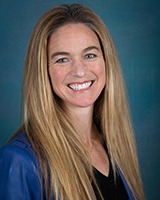
Jennifer Davis, PhD
Laboratory Medicine & Pathology

Juan Carlos del Álamo, PhD
Mechanical Engineering
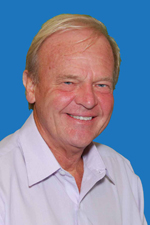
David R. Eyre, PhD
Orthopaedics and Sports Medicine
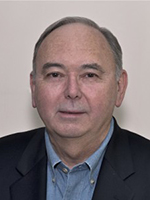
Stanley C. Froehner, PhD
Physiology & Biophysics

Jose M. Garcia, MD, PhD
Geriatric Research, Education and Clinical Center (GRECC)
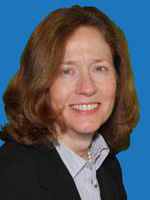
Edith M. Gardiner, PhD
Orthopaedics and Sports Medicine
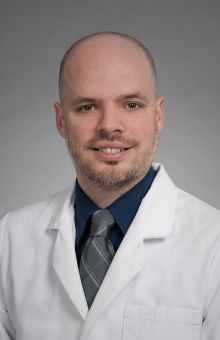
Luis F. Gonzalez-Cuyar, MD
Laboratory Medicine & Pathology

G. A. Nagana Gowda, PhD
Anesthesiology & Pain Medicine

Ted S. Gross, PhD
Orthopaedics and Sports Medicine
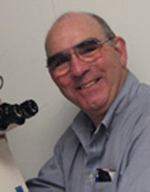
Stephen Hauschka, PhD
Biochemistry

Princess Imoukhuede, PhD
Bioengineering
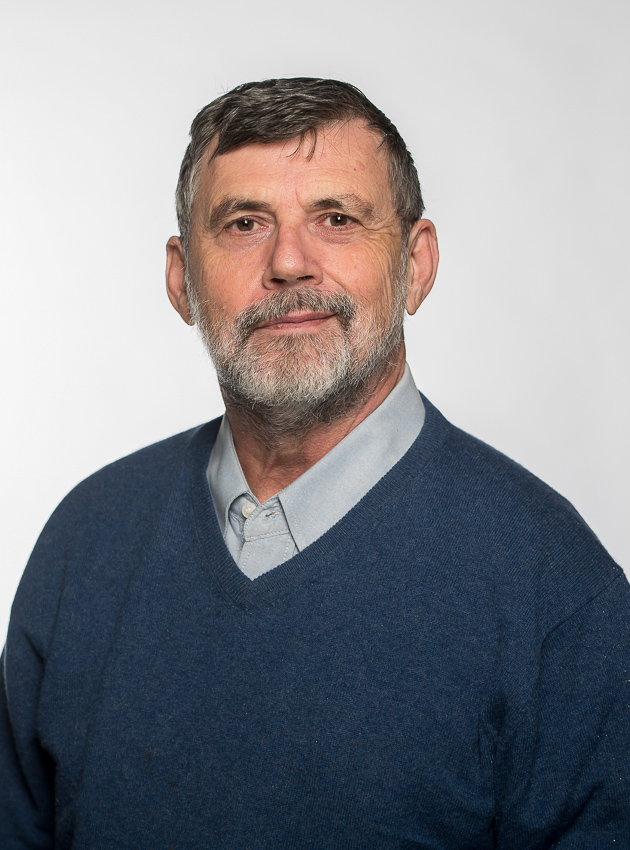
Thomas Irving, PhD
Director Biophysics Collaborative Access Team (BioCAT)
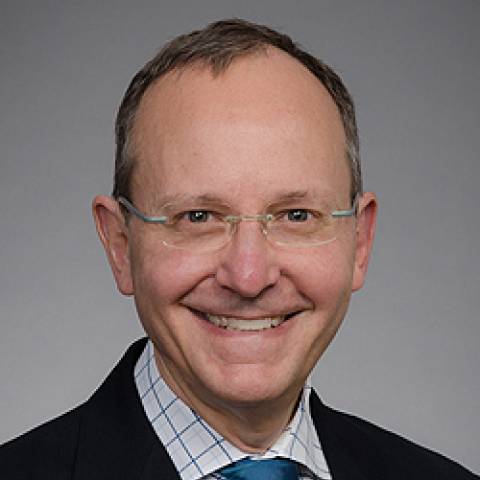
Jeffrey Jarvik, MD, MPH
Radiology

Suman Jayadev, MD
Neurology
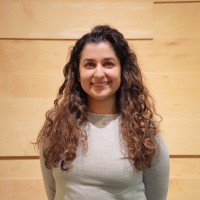
Elaheh Karbassi, PhD
Laboratory Medicine & Pathology

Haiming Liu Kerr, PhD
Gerontology and Geriatric Medicine
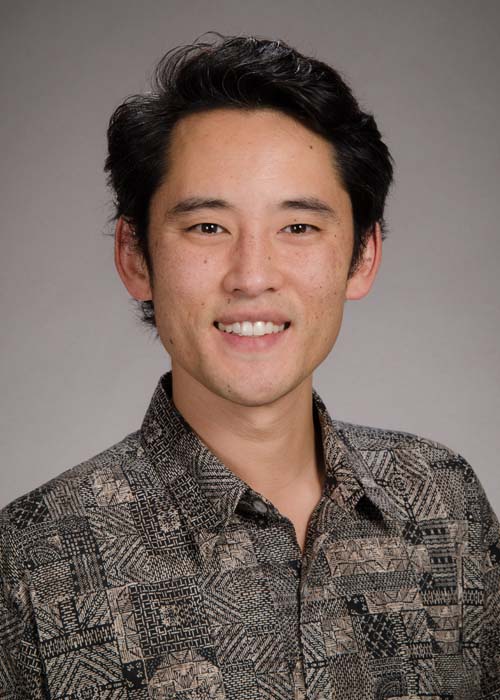
Ronald Y. Kwon, PhD
Orthopaedics & Sports Medicine
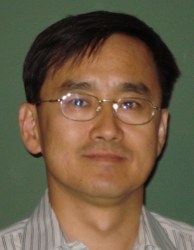
Donghoon Lee, PhD
Radiology

Shiri Levy, PhD
Biochemistry

Qinghang (Chris) Liu, PhD
Physiology & Biophysics
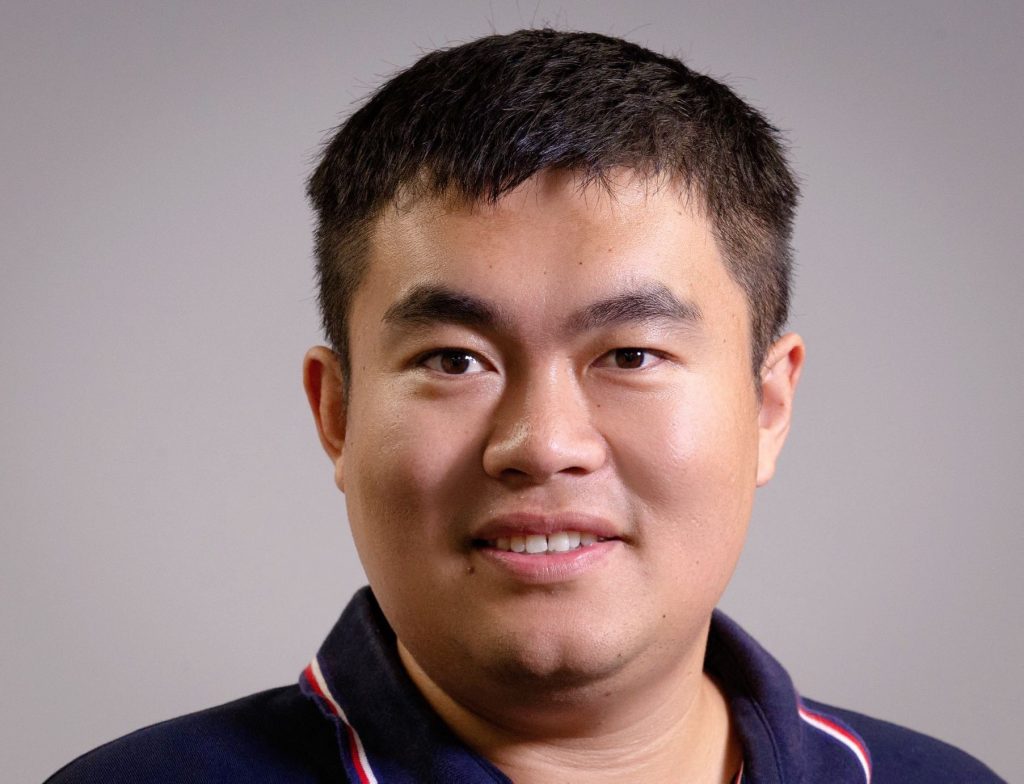
Weikang Ma, PhD
Beamline Scientist at Biophysics Collaborative Team (BioCAT)

David L. Mack, PhD
Rehabilitation Medicine

David J. Marcinek, PhD
Radiology
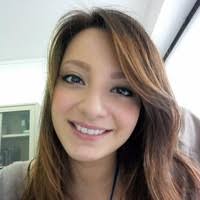
Silvia Marchianò, PhD, PharmD
Laboratory Medicine & Pathology

Julie Mathieu, PhD
Comparative Medicine

Lisa Maves, PhD
Seattle Children’s
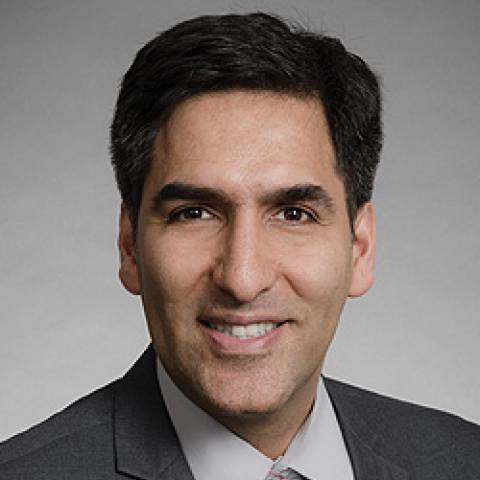
Farid Moussavi-Harami, MD
Cardiology
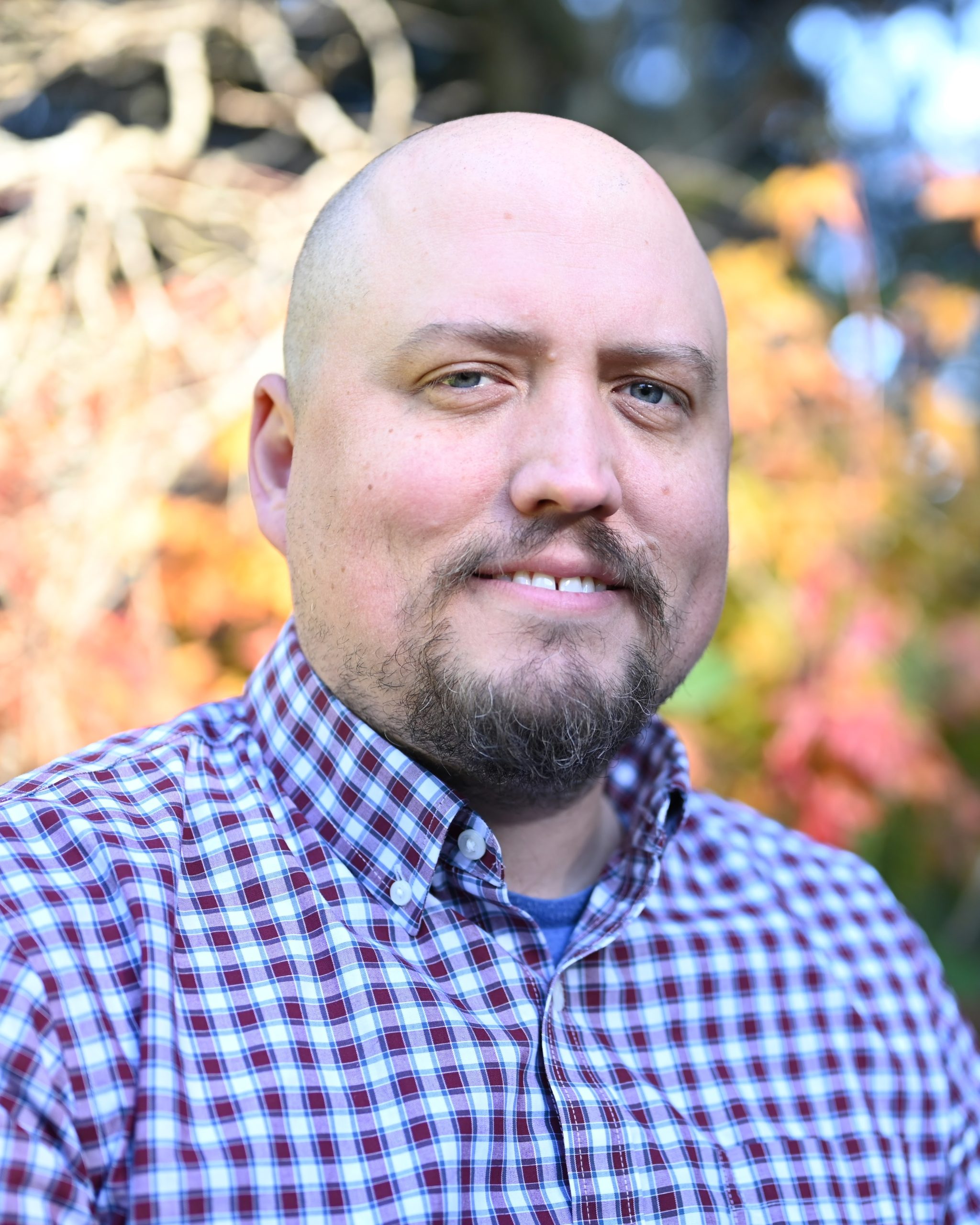
Logan Murphy, PhD
Physiology & Biophysics
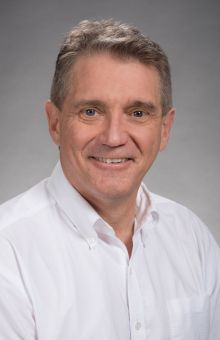
Charles E. Murry, MD, PhD
Laboratory Medicine & Pathology, Bioengineering, Medicine/Cardiology

Vishal Nigam, MD
Cardiology, Seattle Children’s
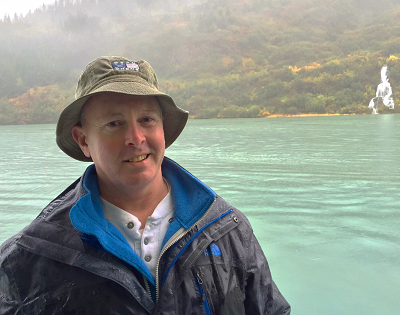
Guy Odom, PhD
Neurology

David Perkel, PhD
Biology

Joseph D. Powers, PhD
Laboratory Medicine & Pathology

Feini (Sylvia) Qu, VMD, PhD
Orthopaedic Surgery & Sports Medicine and Mechanical Engineering

Nassim Rad, MD
Rehabilitation Medicine

Daniel Raftery, PhD
Anesthesiology and Pain Medicine

Sam Rayner, MD
Pulmonary and Critical Care Medicine
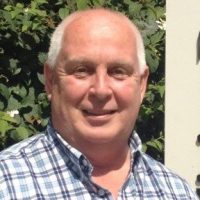
Mike Regnier, PhD
Bioengineering
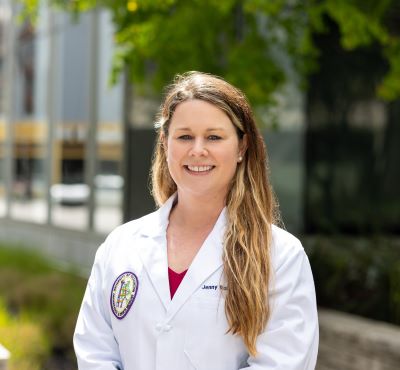
Jenny Robinson, PhD
Orthopaedic Surgery & Sports Medicine and Mechanical Engineering

Hannele Ruohola-Baker, PhD
Biochemistry

Shelly Sakiyama-Elbert, PhD
Bioengineering
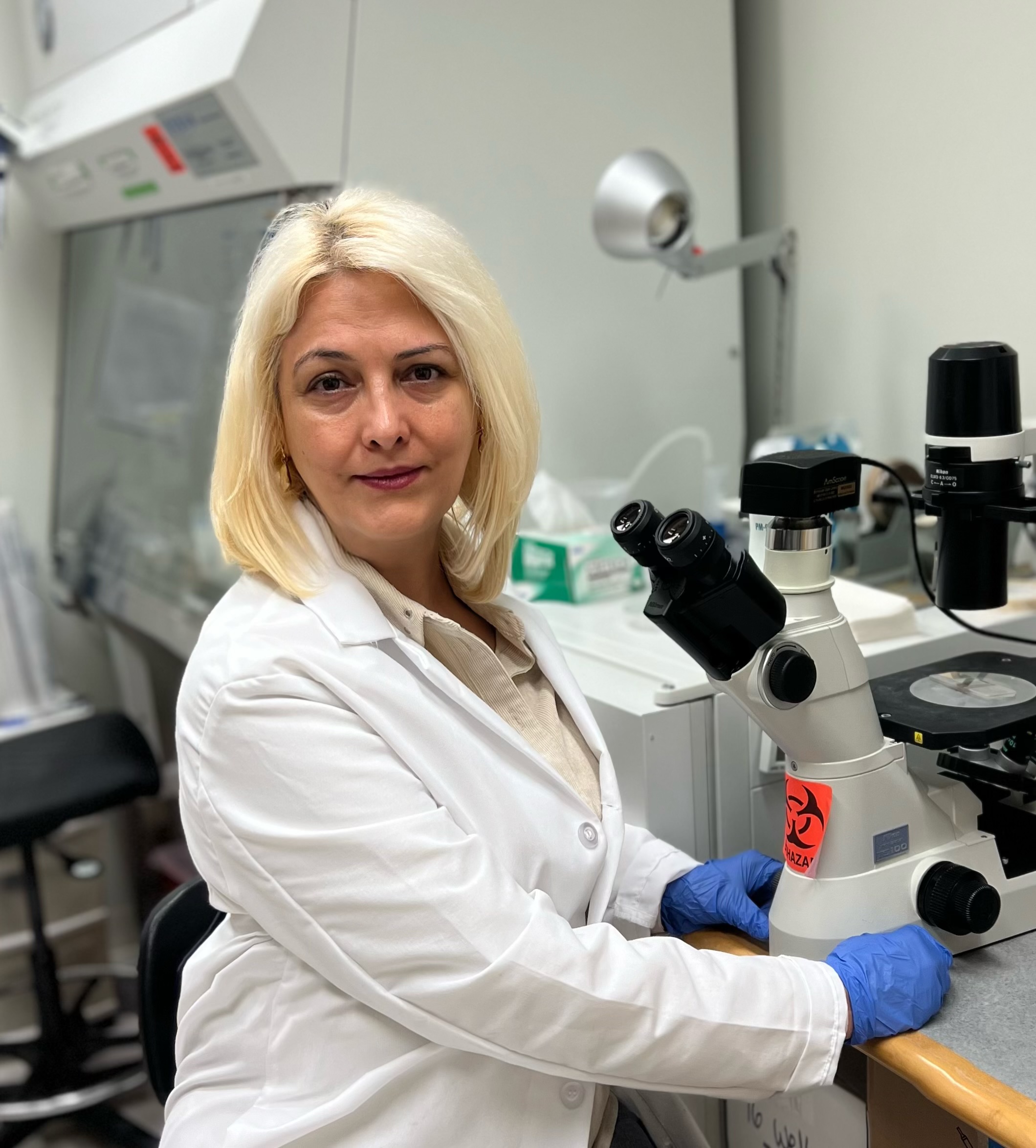
Shabnam Salami, MD, MSc, FAHA
Anesthesiology & Pain Medicine

Alec S.T. Smith, PhD
Physiology & Biophysics

Nathan J. Sniadecki, PhD
Mechanical Engineering
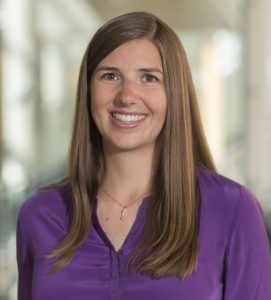
Kat M. Steele, PhD
Mechanical Engineering
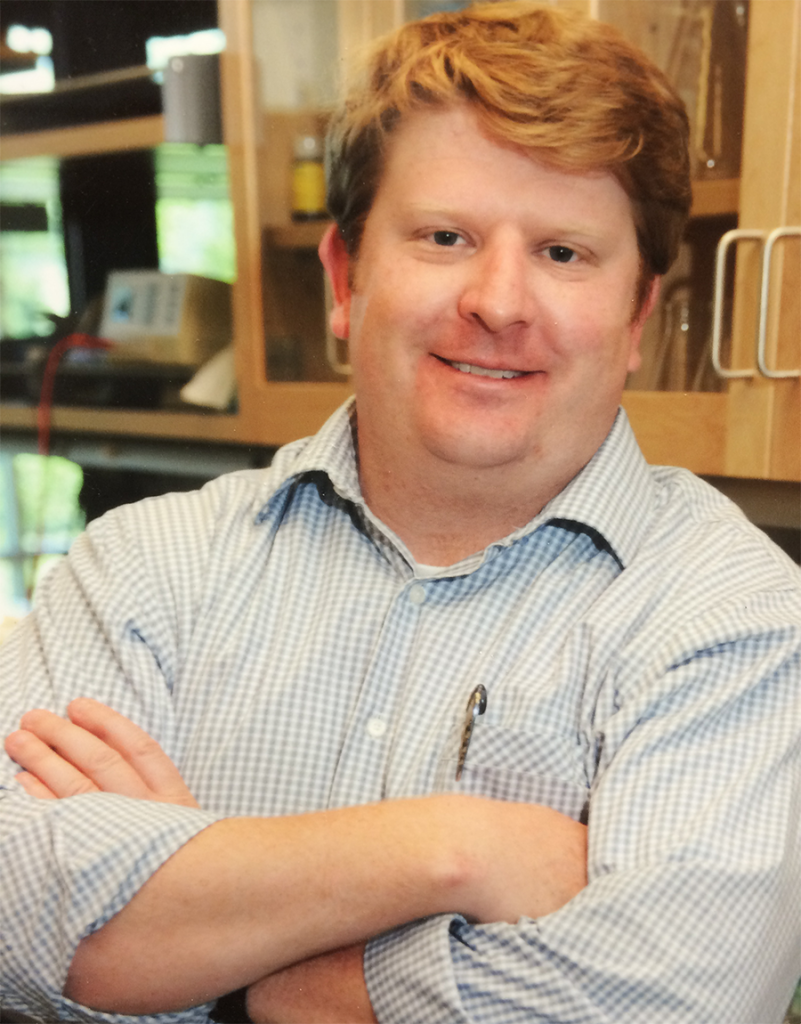
Bert Tanner, PhD
Integrative Physiology and Neuroscience, Washington State University
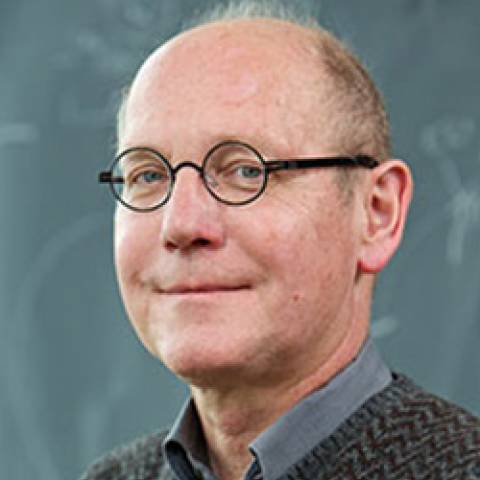
Stephen J. Tapscott MD, PhD
Neurology
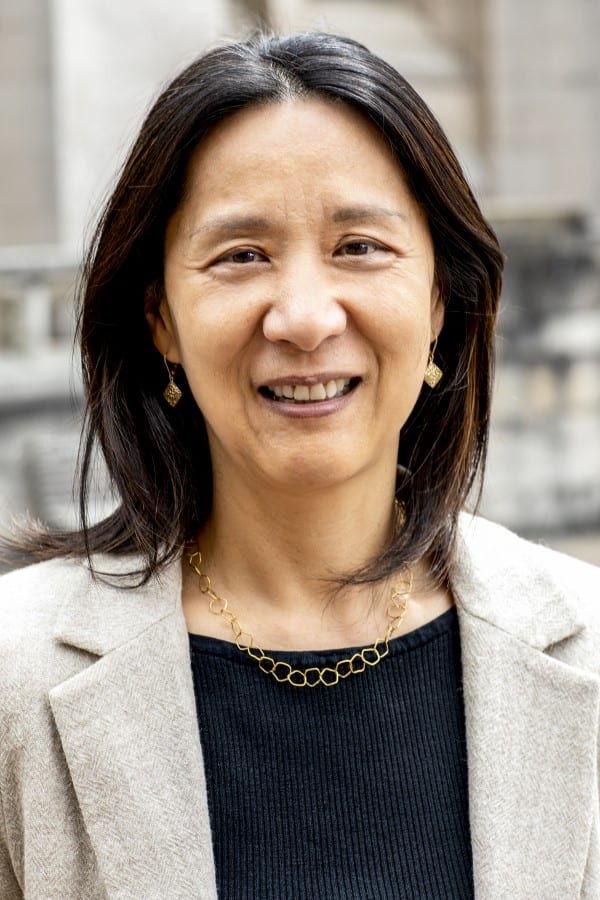
Rong Tian, MD, PhD
Anesthesiology & Pain Medicine

Matthew Walker, PhD
Anesthesiology and Pain Medicine

Leo Wang, MD, PhD
Neurology

Michael Weiss, MD
Neurology

Seung Wook Oh, PhD
Kinea Bio, Inc.

Ying Zheng, PhD
Bioengineering
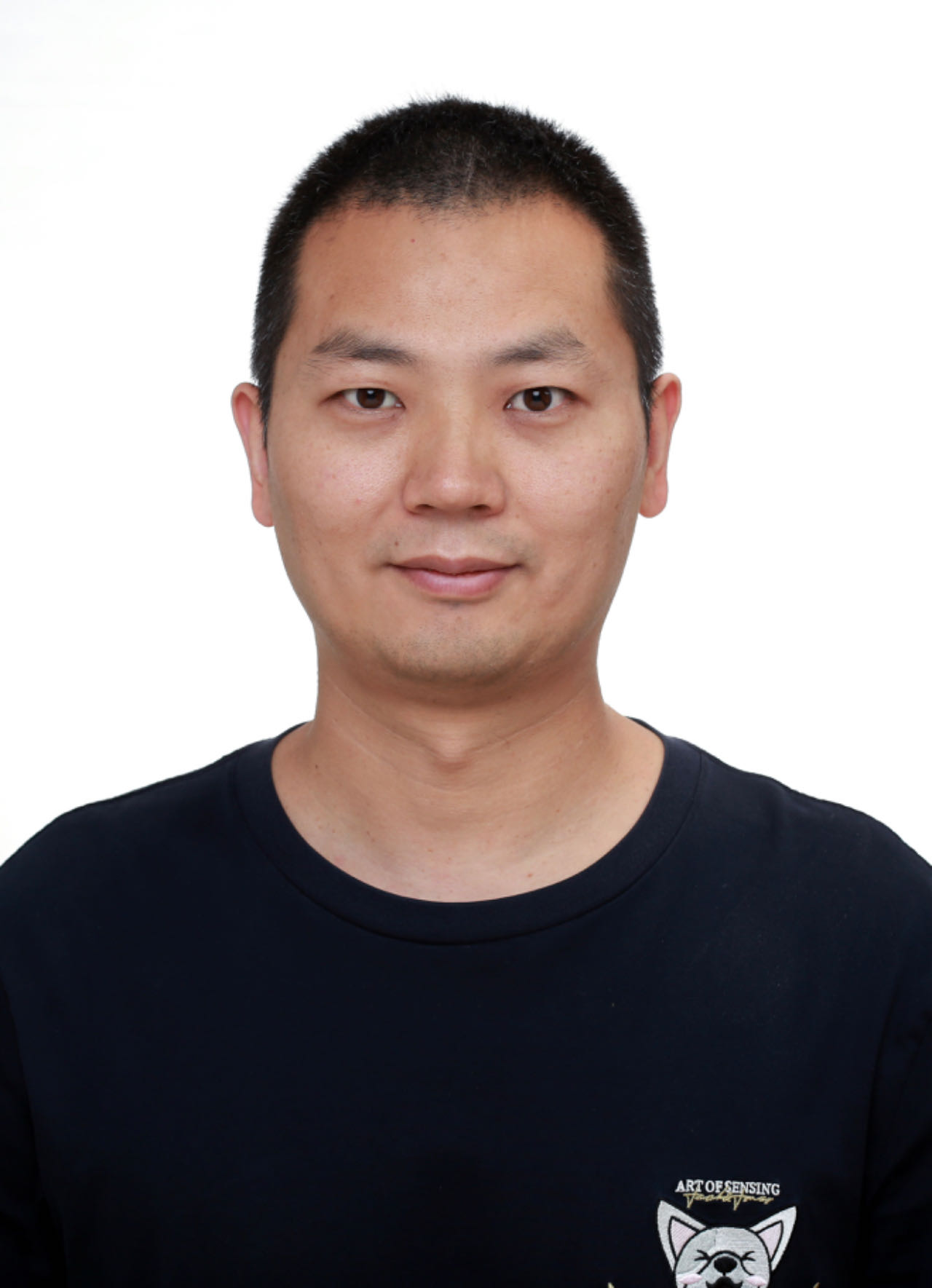
Wentao Zhu, PhD
Anesthesiology & Pain Medicine

